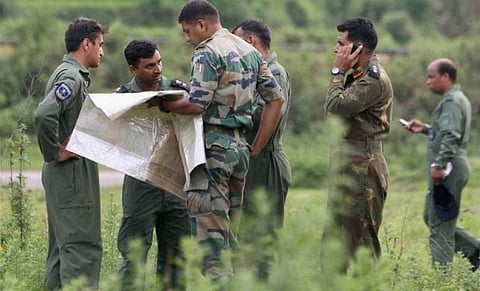
- News
- Columns
- Interviews
- Law Firms
- Apprentice Lawyer
- Legal Jobs
- हिंदी
- ಕನ್ನಡ

In a landmark decision, the Chandigarh Bench of the Armed Forces Tribunal (AFT) has held that there cannot be any discrimination in disability benefits between soldiers injured in pre-independence and post-independence wars.